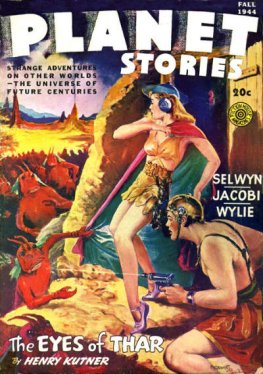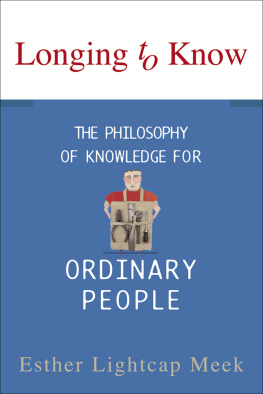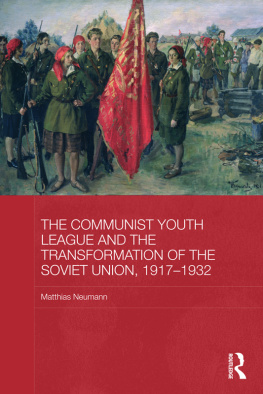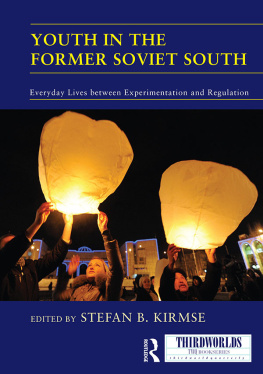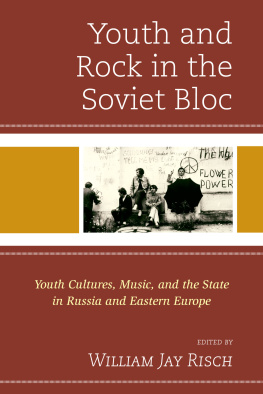First published in 1957 by
Routledge
Reprinted in 1998 by
Routledge
2 Park Square, Milton Park, Abingdon, Oxon, OX14 4RN
Transferred to Digital Printing 2007
1957 Dorothea Meek
All rights reserved. No part of this book may be reprinted or reproduced or utilized in any form or by any electronic, mechanical, or other means, now known or hereafter invented, including photocopying and recording, or in any information storage or retrieval system, without permission in writing from the publishers.
The publishers have made every effort to contact authors/copyright holders of the works reprinted in The International Library of Sociology.
This has not been possible in every case, however, and we would welcome correspondence from those individuals/companies we have been unable to trace.
British Library Cataloguing in Publication Data
A CIP catalogue record for this book is available from the British Library
Soviet Youth
ISBN 0-415-17816-9
The Sociology of the Soviet Union: 8 Volumes
ISBN 0-415-17836-3
The International Library of Sociology: 274 Volumes
ISBN 0-415-17838-X
Publishers Note
The publisher has gone to great lengths to ensure the quality of this reprint but points out that some imperfections in the original may be apparent
Preface
A WHOLE library of books has been written on the USSR by outside observers, and the reader has a bewildering number of works to choose from. Most of the Soviet materials on the USSR, on the other hand, are published in Russian and therefore only accessible to the specialist student. For this reason I have tried to compile a volume which, as far as possible, allows the country to speak for itself, all the materials included coming from the Soviet press.
There are many different kinds of material on the USSR available to us: popular articles and letters to the editor in Soviet newspapers and magazines, more serious contributions in learned journals, speeches made by leading statesmen and others at congresses and conferences, laws and dccrees, Soviet literature of every kind, and descriptions and accounts by foreign visitors and observers. It is only on considering all these materials that we can form a general impression about the country as a whole, or about a special field such as Soviet youth.
The method adopted by me in this volume has been to present the reader with some of these materials, which, with one exception, have hitherto been unpublished in English. They consist mainly of popular contributions to the press over the last ten years. These have been selected to illustrate the most salient features in the overall picture of Soviet youth obtained from readings in the various Soviet materials mentioned above, and supplemented by introductions in order to provide the necessary perspective. I am well aware that this approach is by no means perfect and that it is no guarantee of objectivity. It has the advantage of presenting the material in a lively form. But it must be borne in mind that the translations by themselves only tell part of the story. For one thing, in so far as they purport to reflect public opinion, the reflections are not necessarily strictly accurate.
In addition, the orientation of the materials themselves must be taken into account. It is quite wrong to suppose that there is complete uniformity throughout the entire Soviet press and that there are no differences of approach between the various magazines and newspapers I have used. Nevertheless, the great majority of articles published in the Soviet press have certain features in common. They all share a Marxist approach to the particular question with which they are dealing. They also have an educational aim. Many of the positive articles in this volume are intended as examples to be copied by the reader, and many of the negative items as illustrations of what the reader should not do. One of the problems here is that of deciding how typical the phenomena described, whether positive or negative, really are. This is made particularly difficult by the fact that the positive articles have a tendency to give a rather highly coloured account of Soviet achievements in a particular field and to understate the difficulties involved in a specific venture, while the negative articles tend towards exaggeration in the opposite direction.
Moreover, the negative articles and sketches, which criticise some defect or other, have in the past tended to be by far the most lively and interesting items in the Soviet press, while the more positive contributions have often been dull, conventional and wordy. In these circumstances the temptation to use only these critical articles was very great, simply because they were so much more readable. But a book consisting only of such articles would have had to be re-named Soviet YouthProblems, Defects and Scandals, and not wishing to compile such a book, I have unfortunately been forced in some cases to include a fairly dull and conventional article in order that the picture as a whole should be more faithful to reality.
This method of allowing the USSR to speak for itself is of necessity an imperfect one, full of pitfalls for the compiler. If I have nevertheless chosen this method of presentation, it is because it seems to me to have at least one very great advantage. Few of us are able to meet and get to know the Soviet people. Even a careful reading of the Soviet press cannot, for the reasons mentioned above, be said to present the Soviet people to us direct. But it does seem to me that this method helps to describe the USSR primarily in human terms, and I feel that it may therefore serve the twofold purpose of teaching us more about Soviet society, while at the same time helping to bridge the gulf between our two countries.
My thanks are due to the members of the Soviet Institutions Department at the University of Glasgow for their advice and assistance. I should also like to thank Mrs. T. Minorsky and the Central Asian Research Centre for their kind help with problems of translation.
A list of periodicals and newspapers, giving the equivalent name in English and the official standing of each, can be found in an appendix at the back of the book.




